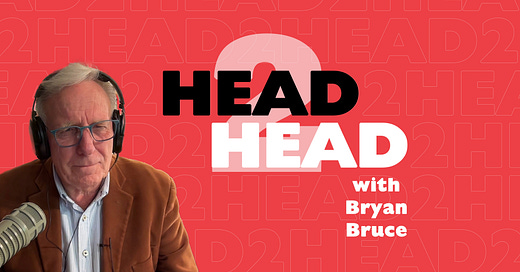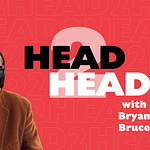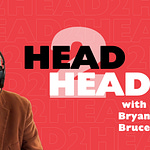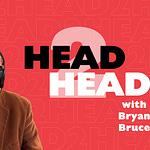Part of my job as a public interest journalist and documentary maker is to give a voice to people in our community who find it difficult to be heard.
Disability access to houses and public buildings is one of those issues that doesn’t get enough attention in Aotearoa New Zealand, and as advocate Nick Ruane points out in today’s interview, any of us can find ourselves having to use a wheel chair as a result of an accident or illness or simply because of mobility problems associated with aging.
Accessing public spaces is something we recognise by law as a right everyone should have - a right that is embedded, for example, in The New Zealand Building Code.
These regulations, however, don’t apply to the buildings we inhabit most each day - our private homes or rental accommodation. This is a much greyer area where voluntary accessibility is encouraged and, in some cases, incentivised, but not compulsory.
Private landlords, for example, are not legally required to provide no-step entries, wide doors, accessible bathrooms or even lever handles instead of knobs.
There is however government support for modifying existing homes to accommodate people with disabilities, including the Ministry of Health’s Housing Modification Service, which provides funding for necessary changes such as ramps, stair lifts, and accessible bathrooms.
You can find out about what is available and may be possible here:
https://www.govt.nz/browse/health/help-in-your-home/modifying-your-house/#825
Head2Head is made possible thanks to the generosity of my paid subscribers. If you are receiving this post for free,please consider becoming one of them.
For $10 a month (including GST ) - less a cup of coffee each week- you can help to have more issues investigated, give a voice to those not being heard and call government to account.
You will not only get access to my documentaries, interviews and premium posts, you will also be able to join a group of New Zealanders in our chatroom who comment on posts and discuss the issues that are important to all us who want to live in a fairer, more democratic society.
All subscription money goes on production.












Share this post